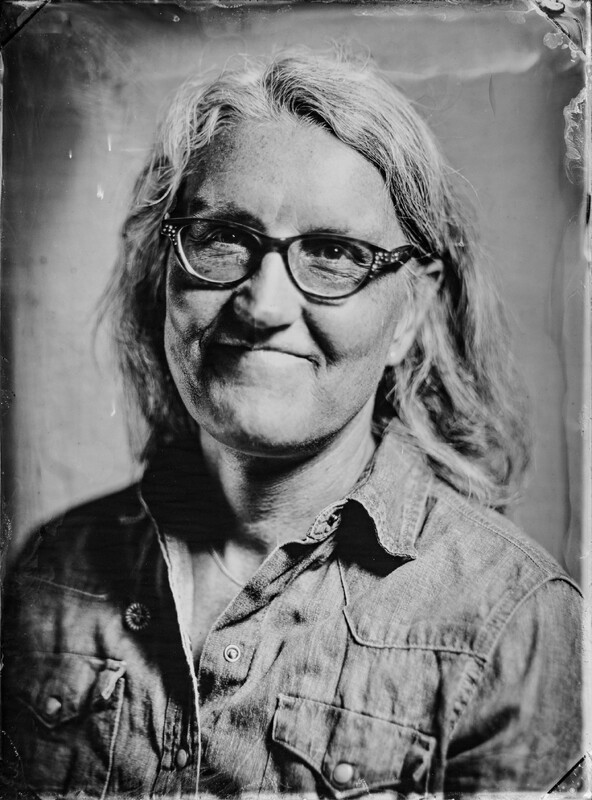-
Title
-
Rachel White
-
Quote
-
"The humanities have helped me to make sense of my family's history in northern Utah, and orient myself toward a progressive vision for the future of our state. The Humanities have brought me to the understanding that human beings are part of the miraculous web of living things, all connected in ways we are barely beginning to understand, and that we are not separate from nature."
-
Story
-
The humanities have helped me to make sense of my family's history in northern Utah, and orient myself toward a progressive vision for the future of our state.
As is true for many people who reside in Utah, my ancestors experienced a loss that spurred them to sail 3,200 miles from London to Boston, and then walk another 2,400 miles to the Great Basin. People rarely migrate if there are better options, and my relatives were lucky to find opportunity and purpose here amid a diversity of origins and traditions.
They arrived in what was then Mexico and put up fences on Shoshone land to start a farm on the foothills that slope down to the wetlands of the Great Salt Lake - part of their claim later became the Bear River bird refuge. The benches of the former Lake Bonneville were a good place to plant orchards, acres of peaches and cherries above the valley floor, in a sheltered cove that was usually protected from freezing and hail. As a child on the porch of my grandparents' farmhouse, I played with a breadloaf-sized grinding stone and metate, without understanding that it indicated the displacement of the indigenous people who resided here from time immemorial, and who still live nearby.
As an adult, I learned more of the history of that displacement, and that my relatives were some of the first European immigrants to expand settlement eastward into Cache Valley. Their actions set in motion the tensions that would culminate in one of the largest massacres of Native American people in the United States, the Bear River massacre, on January 29, 1863. Since learning about this atrocity, I have sought out information about Utah's Native people and their history, including the history of boarding schools, one of which operated in Brigham City, where the white painted "I" for Indian School still looms over the mountain at the entrance to Box Elder Canyon.
When Darren Parry's book on the Bear River Massacre was published, I heard him speak about this history and his personal connection to it. After one of his talks, he met with me and we discussed the shared history that links our family lines. I have been glad to see the Shoshone regain ownership of land on the Bear River that holds a sacred place in Tribal history and ceremony, and that there are opportunities for the public to assist with restoration of the site. Our conversation and the discussion of spiritual, political, and material values that came into conflict when one way of life came into contact with another is a conversation framed and informed by the humanities.
I feel very blessed to live in a place with a long history, where there are Indigenous people who have deep knowledge of the Great Basin and how to live in harmony with this fragile desert environment. I would like to see more Native people in positions of leadership where they can share their perspective and wisdom and lead us as a state to better choices, ones that will restore the Great Salt Lake as the beating heart of a unique oasis and fundamental to ecological health. The Great Salt Lake is part of the origin story for the Northern Shoshone, who recognize that without the Great Salt Lake, this area will not remain habitable.
Conversations in the Humanities have brought me to the understanding that human beings are part of the miraculous web of living things, all connected in ways we are barely beginning to understand, and that we are not separate from nature. Our actions as creatures at the top of the food chain ripple outward in all directions, affecting everything.
If we can reduce our footprint and consumption, perhaps transitioning to a steady-state, rather than a never-ending-growth economy, we can leave space and resources for other creatures to flourish, which supports our own well-being. Important decisions around the allocation and use of resources are informed by values, not just facts, and are greatly aided by studying the humanities.
-
Date
-
July 16, 2025


